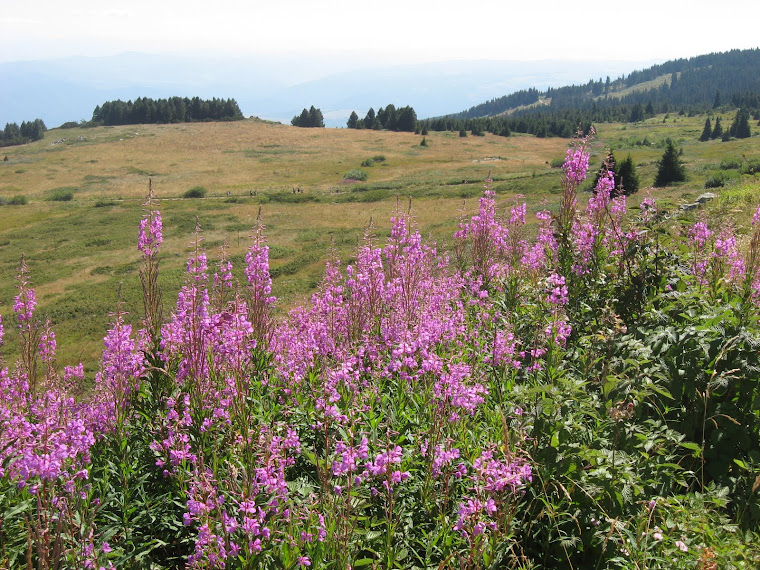Here I am again for my second post, and I’d like to follow up on my first theme of expectations. This comes to mind since I just spent a week on leave in Ukraine, where I was the American Embassy’s press officer from 1997 to 1999. My initial impression there was that things hadn’t changed much over the past 10 years, and I could see that Bulgaria had a clear advantage in funding from the European Union in many development and construction projects that were missing in Ukraine. But this view was really shaped by my first few days in the western countryside, where I visited my ancestral home of Volochysk. After I arrived in Kyiv, I saw that there had been rapid development downtown, some of which would make the residents of Sofia envious.
But my point is not comparisons of infrastructure or commercial development in the urban capital, but rather of the human capital. I’ll start with my host for most of the trip, Vasyl Myroshnychenko, a native of Volochysk and alumnus of the YES high school youth exchange program in the U.S. His ease and flexibility in speaking English was not the case for the overwhelming number of Ukrainians I met, including many young people. So in this area, Bulgaria has a clear advantage since I have been completely surprised by how well Bulgarians in their 20s and 30s speak English. When I arrived, I pretty much expected to have to speak Bulgarian every day to do my job, and yet find myself conducting almost all my meetings in English. Despite their complaints about the decline of public education since “the changes” (Americans usually call this watershed “the fall of the Berlin Wall”), Bulgarians seem to have taken to English like fish to water.
So here I am writing in English. The State Department has an English teaching division and programs that aid English teachers around the world, and though I’ve taught English, I’ve also taken pride in learning foreign languages and using them at work. But young Bulgarians make this skill much less necessary, and this has happened for the first time in my foreign service career. Bravo to Bulgarian youth! But why is this the case? Can someone tell me?
Here are my guesses: 1. Young Bulgarians see English as the ticket to success in international business, government, academia, science, and the arts. 2. Bulgarian teachers and educators see Bulgaria as increasingly integrated in the Euro-Atlantic community, where English has become the lingua franca. 3. English is just cool: Movies, music, and pop culture are embedded in English, and young Bulgarians respond to that, and want to be part of it.
For some context: I suspect that young Ukrainians have an advantage in that their country is still largely bilingual, and in fact many of them speak Russian as their mother tongue. Now Russian is a beautiful language with a glorious literature (and I’m a devoted fan of Mikhail Bulgakov), but I don’t think it brings the worldwide entrée that English does. My sense is that young people in other Eastern European countries are not taking to English as well as Bulgarians.
I welcome your thoughts on why Bulgarians are doing so well.
P.S. I'm hunting for the right "English Spoken Here" photo!
